.webp)
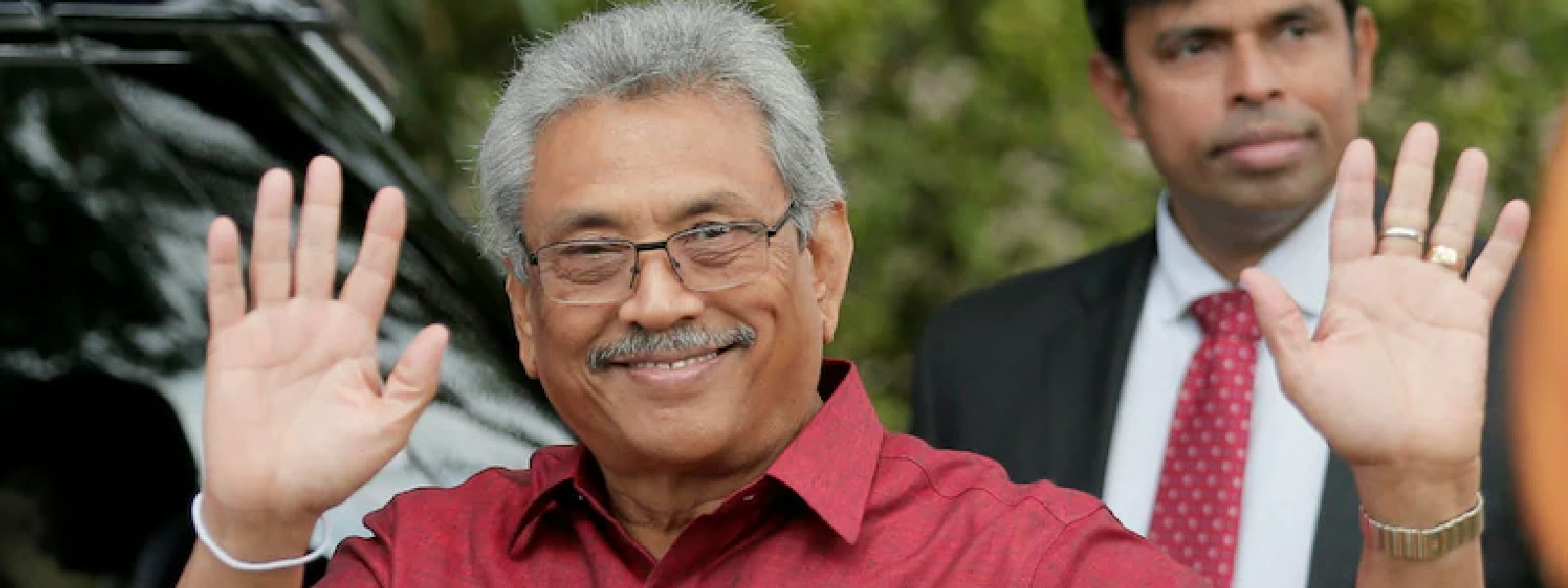
Gota's govt missed the chance to get IMF funding
COLOMBO (News 1st); The Judgement of the Supreme Court that held that the economy of the country collapsed as a result of the unsound economic decisions taken by several individuals from 2019 to 2022, reveals in-depth details about the unsound economic decisions that led to the crisis.
This is a look at the revelations made in the Judgement of the Supreme Court.
A five-judge bench of the Supreme Court headed by the Chief Justice determined that seven respondents in the petitions including former President Gotabaya Rajapaksa, Mahinda Rajapaksa, Basil Rajapaksa, former secretary to the president P.B. Jayasundara, and former governor of the Central Bank Ajith Nivad Cabraal had violated the fundamental rights of the general public by mismanaging the economy between 2019 and 2022.
The Judgement states that the Fundamental Rights guaranteed to the general public were violated by these 7 respondents.
According to the Supreme Court, the Government led by Gotabaya Rajapaksa had missed several opportunities to prevent the economy from falling into crisis.
Among these missed opportunities is the failure to secure the final tranche in the 1.5 billion USD extended fund facility offered by the IMF in 2016.
Sri Lanka was to secure the final tranche of 160 million USD during April in 2020.
The Supreme Court states that the IMF was satisfied with the progress made by Sri Lanka to release the funds.
In October 2019, 1 month before Gotabaya Rajapaksa came into power, the then Minister of Finance and the Governor of the Central Bank at the time had written to the IMF informing them that the government of Sri Lanka is willing to continue to work with them.
However, the government of Gotabaya Rajapaksa had not taken any steps to secure this tranche even by December 2019.
The Judgement states that in the interim, the government of Gotabaya Rajapaks had made massive changes to taxation without holding discussions or obtaining advice from the IMF.
The government had opted to go ahead with the tax cuts against a backdrop where staff representatives of the IMF were due to conduct a review regarding the release of the funds under the facility.
The Judgement states that on the 8th of April 2020, Secretary to the president at the time Dr. P.B. Jayasundara had written to the managing director of the IMF requesting for the tranche of the IMF facility to be provided as an emergency facility.
In the letter he had said that the effects of the COVID-19 pandemic had affected the progress of the economy.
Dr. P.B. Jayasundara had also informed the managing director of the IMF that as a result the country is facing a serious balance of payments crisis.
In the letter Dr. Jayasundara had also noted that Sri Lanka had sought assistance from Japan, China, the world bank, the Asian development bank and several other international partners.
The head of the IMF for the Asian Pacific region had responded to the letter sent by Dr. P.B. Jayasundara.
He had said that the IMF is willing to further support Sri Lanka but needs further time to consider the request submitted.
The IMF had informed Dr. Jayasundara about the need to discuss the matter with other multilateral institutions.
The Judgement of the Supreme Court states that the Auditor General did not find any other documents regarding any further steps that had been taken by Sri Lanka to secure these funds.
The Supreme Court had concluded that the decision reached not to secure these funds was illogical and arbitrary.
Other Articles
Featured News





.png )
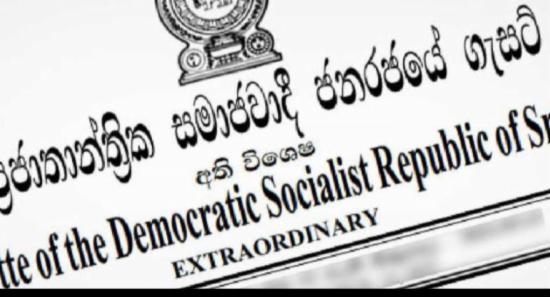

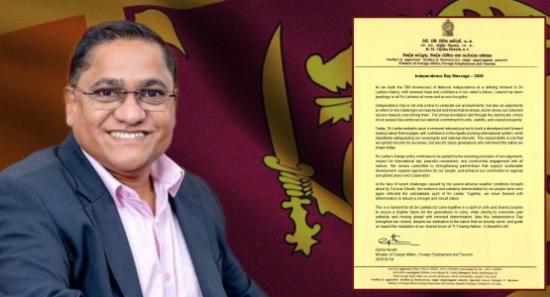
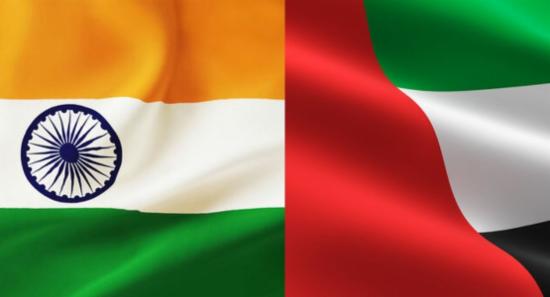
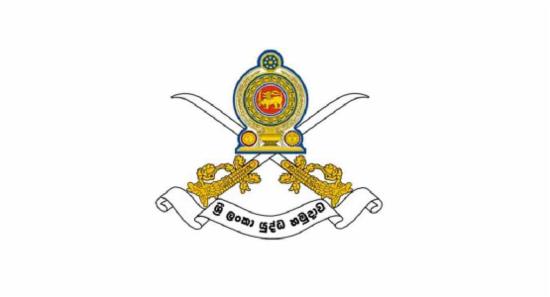








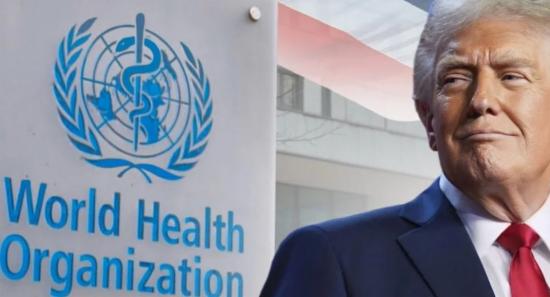
-822734_550x300.jpg)
-822716_550x300.jpg)
-822495_550x300.jpg)








.webp)






